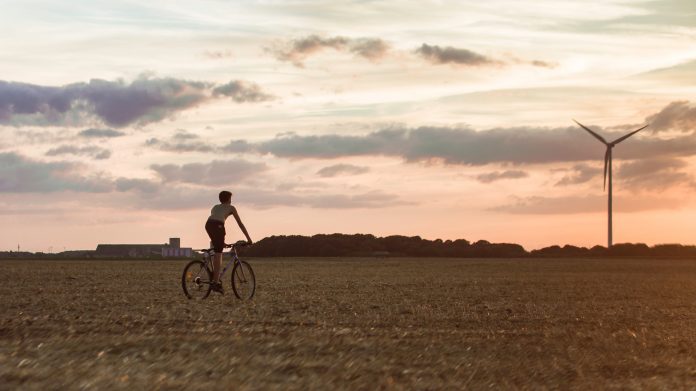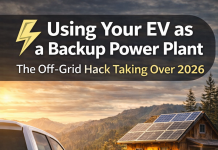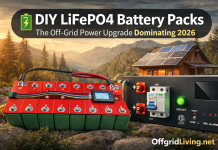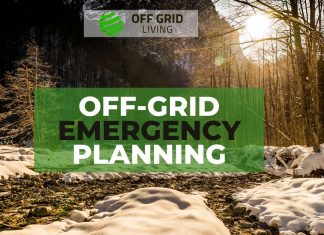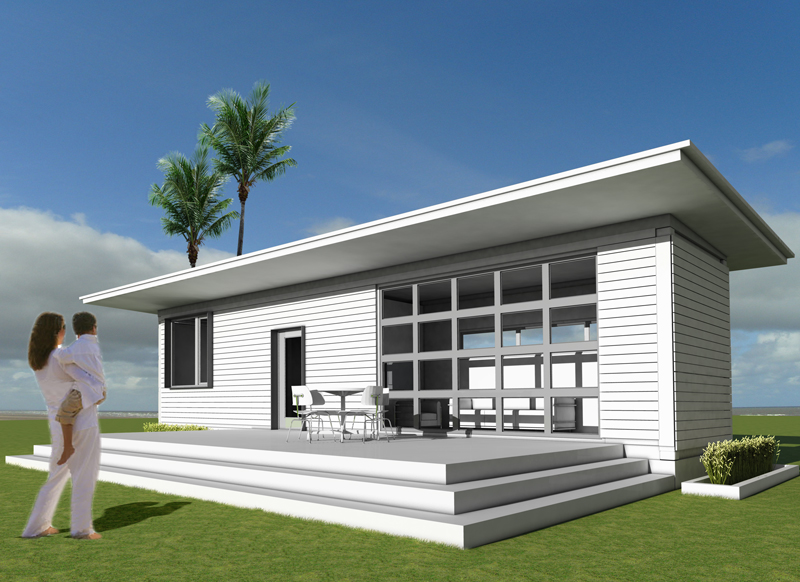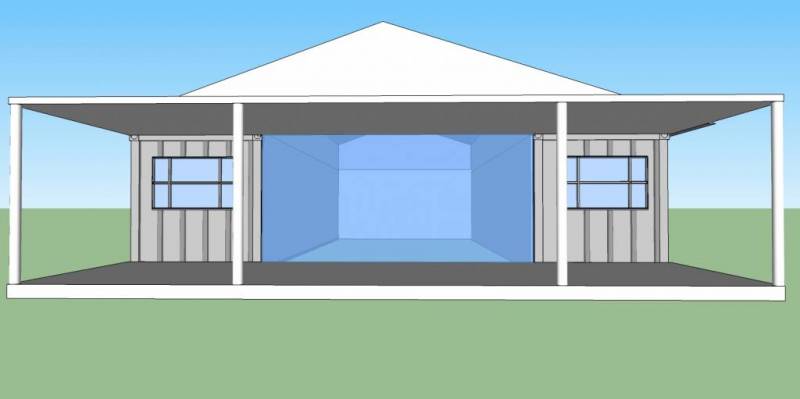In today’s world, with the threat of climate change and dwindling resources, it is more important than ever to explore renewable energy sources. For those who live off-grid or are preppers, it is essential to have a reliable source of energy that can be used in case of an emergency.
Here we will explore some of the most popular renewable energy sources and discuss their pros and cons. Hopefully, this will help you make an informed decision about which energy source is right for you.
What is renewable energy and how does it differ from traditional sources like coal and oil
Renewable energy is energy generated through natural cycles in the environment that are infinite and constantly replenished.
Examples of renewable energy sources include solar, wind, geothermal, hydroelectric, wave, tidal, and biomass. Unlike coal and oil which are finite resources, renewable energy sources are available in abundance with no end in sight.
Furthermore, these alternative energy sources have far fewer environmental impacts than traditional technologies like coal and oil because they neither emit carbon nor contribute to global warming.
Additionally, renewable energy technology is fast becoming cheaper and more efficient each year – making it a viable alternative for all households and businesses looking for sustainable solutions when it comes to their energy needs. Consult with a commercial electrician if you’re considering the use of renewable energy to power your home or business. Kenco Electric is an electrician Triad area. Professional electric contractors can also provide a residential generator service to help you setup a generator as a backup power source.
Why explore renewable energy options, especially for those who are off-grid or preppers
Renewable energy options provide those living off-grid or preparing for natural disasters with greater reliability and sustainability.
As many traditional power sources such as gas, oil, and nuclear aren’t realistic possibilities in these situations, renewable energy sources have grown in popularity rapidly due to their affordability and eco-friendliness.
Additionally, the reliance on a single source of electricity coming from a centralized grid can be problematic in difficult times, such as extreme weather events which can be typical during natural disaster circumstances.
By relying on renewable sources such as solar or wind power instead of the grid, one can maintain almost complete independence while experiencing relatively lower costs associated with bulk traditionally provided electrical solutions made by the best Commercial Electrical Contractors – Suburban Enterprises.
Ultimately, taking advantage of the benefits presented by renewable energy allows those living off-grid or prepping for emergencies to stay connected and independent – even in the most challenging of times.
What are some common renewable energy sources, such as solar, wind, and hydropower
Renewable energy sources are playing an increasingly prominent role in the modern energy landscape. Solar, wind, and hydropower all provide powerful alternatives to traditional forms of energy production.
According to a residential electrician, solar energy is harvested by photovoltaic systems, which convert light into electricity, while wind turbines rely on blowing air to spin rotors that generate power. For generators Lynchburg call Sunburst Power Systems.
In contrast, hydroelectricity is generated by converting the kinetic energy of flowing water into electric current.
All of these methods offer reliable, low-cost sources of clean power and can provide a long-term solution for decreasing dependence on fossil fuels and mitigating climate change impacts.
How can you incorporate renewable energy into your home or lifestyle
Incorporating renewable energy into your home or lifestyle can help you make a positive environmental impact while also reducing your energy bills.
By installing solar panels, efficient LED lighting, and other energy-efficient appliances, you can dramatically reduce your carbon footprint and make good use of renewable resources like the sun and wind.
If you’re after cleaner fuel sources for heating, consider researching heat pumps that can be powered by electricity to provide efficient heating.
Aside from investing in renewable energy technologies, simple changes in your habits like turning off lights when leaving a room and microwaving food instead of using a stove or oven can also have major impacts on both your electricity usage and environmental responsibility.
By taking just these small steps and making thoughtful investments into renewable energy, you’ll be well on your way to living greener and enjoying the added benefit of lower energy bills too.
What are the benefits of using renewable energy, including environmental and economic benefits
Renewable energy is a hugely beneficial asset to any nation’s energy portfolio. From an environmental perspective, renewable energies such as solar, wind, geothermal, and hydroelectric power offer clean, sustainable fuels that help reduce emissions and alleviate global warming.
On the economic front, direct and indirect investments into renewable energy create job opportunities for the local population, as well as helping to stabilize electricity prices on the consumer level.
Additionally, it provides more cost-effective solutions from a large-scale infrastructure perspective too; with technology and government incentives required for production decreasing in price each year.
Renewable energy is an important part of shaping a secure future for our planet, both economically and environmentally responsible.
Are there any drawbacks to using renewable energy sources that you should be aware of
Indeed, any situation with multiple facets can have advantages and drawbacks. Renewable energy sources are no exception.
A key drawback of renewable energies is the cost and area associated to install these sources of electricity. Renewables often require large quantities of land to be installed in order to produce a significant amount of energy, making them not suitable for urban areas.
Therefore, another potential drawback of using renewable energies is the finite access we currently have to them because they depend mostly on direct sunlight, moving water, or wind to produce power.
This means that if the conditions aren’t ideal, it will be impossible to generate electricity by using renewable energies.
Additionally, while they can provide free and plentiful energy once installed successfully, a lot of up-front capital is required in order to set up these systems.
Renewable energy sources offer an array of advantages for those looking for sustainable power solutions.
From environmental protections to monetary savings, renewable energy is rapidly becoming the go-to source for individuals and households that want to reduce their footprint and increase their savings.
While there are some drawbacks that should be noted and considered, such as the initial investment involved, the overall benefits of renewable energy have been well documented.
So if you’re looking to reduce your dependence on traditional forms of energy or explore more efficient sources, then renewable energy should be considered.
Making greener choices always starts with education and effort, so start researching today to find out which renewable sources work best in your particular environment or to discover ways that you can begin taking small steps toward a better future.


